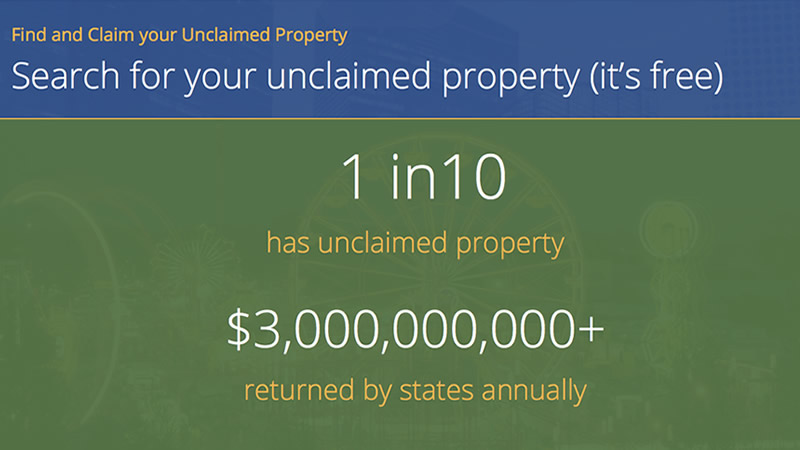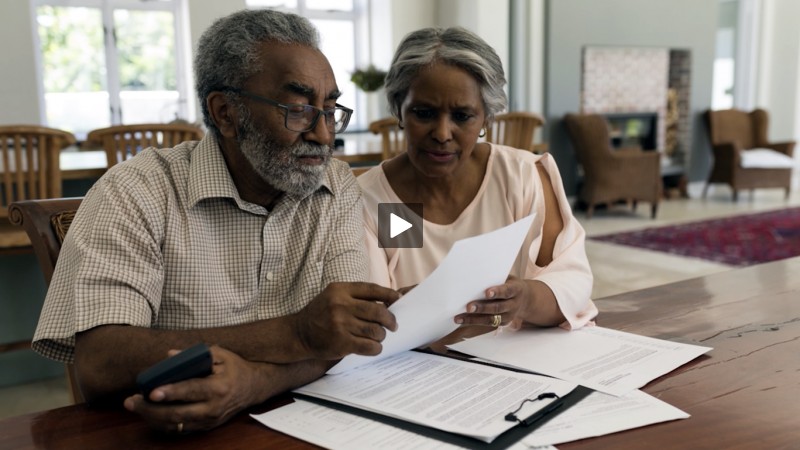Ring! Ring! Is It Really Your Grandchild Calling?
- Details
- Written by Tracy Scott
- Category: Articles

A desperate phone call from your grandchild in the middle of the night can send your blood pressure through the roof.
While we might wish our grandchildren called more often, a random text or phone call begging for secrecy and money should give you a reason to pause.
Are they in the hospital? In jail? Stranded in another town? All you know from the little information you receive from the caller is that your loved one needs financial help - and they need it now! Of course, you want to help out in any way that you can.
That's why this scheme is a favorite among many scam artists.
(Grandma's phone chirps at 2:34 a.m.)
"Hello?"
"Hi, Grandma."
"Huh? Is that you, Lily?" asks Grandma.
"Yes, it's Lily."
"Grandma, I need your help. But you can't tell anyone."
"Oh, dear. What's wrong?" Grandma sits up in bed and turns on a light.
"I got in trouble. I need you to wire money to get me out of jail. Promise me you won't tell mom and dad."
"You sound like you have a cold. Have you been taking care of yourself - - -Wait - jail?"
"I can only talk for another minute, Grandma. I need you to send $1,000 to my attorney. I know it's a lot of money, but I can't spend the night here. Please help me. His number is 555.987.1546. Promise me you'll call him right now."
Grandma frantically writes down the number. "Lily, honey, what hap-----?"
The line goes dead. Grandma looks at her caller ID and it reads Private Number. She tries to call it back anyway, but no one answers. Grandma immediately calls the 555 number. She speaks with an "attorney" who convinces her to wire money so he can represent her "grandchild" in court.
Unfortunately, the call wasn't from Lily, and Grandma never spoke with an actual attorney. Both calls were part of a Grandparent Scam.
How to Protect Yourself
Fraudsters often play on the concerns for our loved ones. Sadly, this scenario is all too common. Imposter-related scams targeting grandparents have been steadily increasing since 2016.
Protect yourself from Grandparent Scams by:
Limiting what you share on social media. Scammers use this information to create believable stories about someone you might know.
Hanging up the phone or resisting the urge to respond to a text describing an urgent need for money. Contact another family member to confirm whether the story is true, even if the person says they want no one else to know.
Never giving out personal information such as financial data or your home address to anyone who contacts you requesting money. Some scammers work together and may send someone to your home to collect the cash if they have your address.
Reporting scam calls to the Federal Trade Commission. It could help stop fraud in your community.
While we might wish our grandchildren called more often, a random text or phone call begging for secrecy and money should give you a reason to pause. Approach such communication with healthy skepticism to protect your heart and your wallet.


































